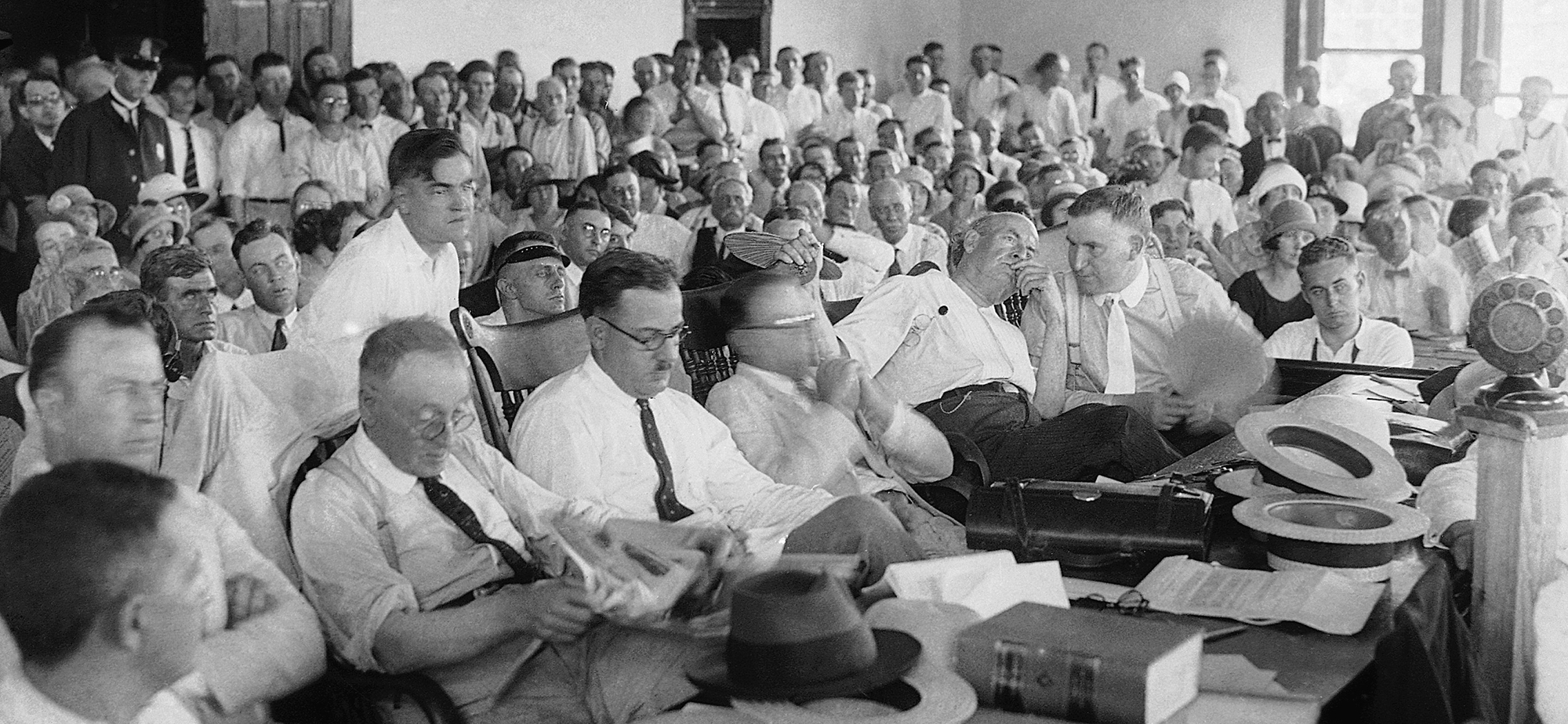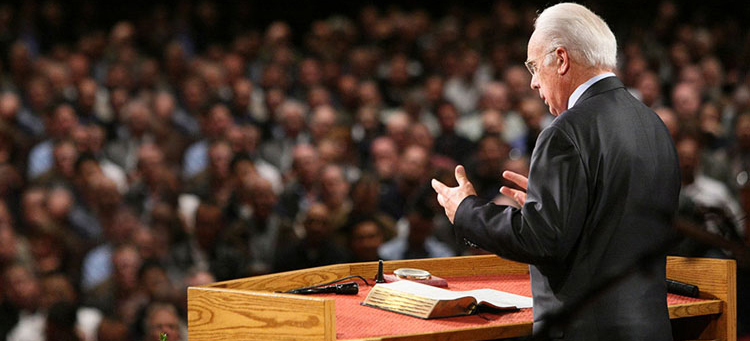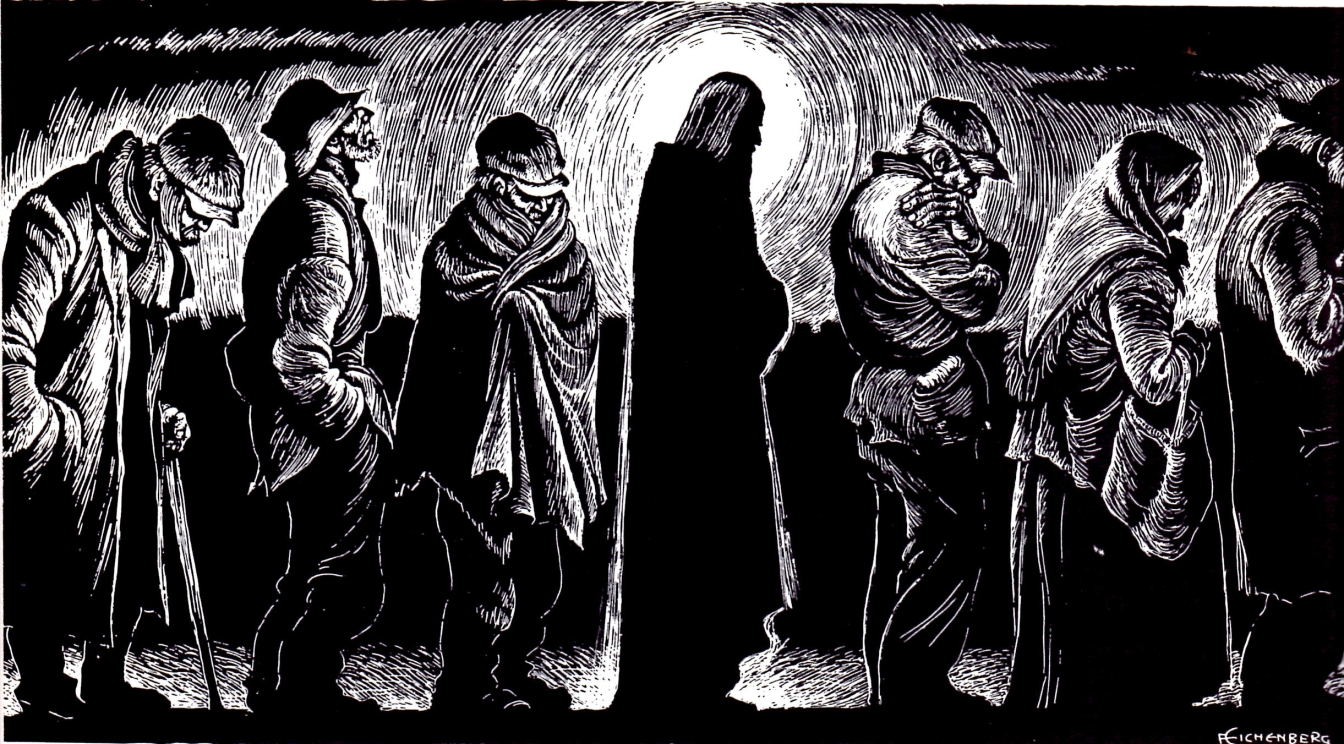Commemorating the 60th anniversary of the March on Washington is an opportunity to reflect not only on the vision of Black liberationists, but also on how conservative white evangelicals’ resistance to change is continuing through an entitlement to power rooted in insecurity.
Al Sharpton, president and founder of the National Action Network, recently said, “The March on Washington will not just be a commemoration but a continuation of what Dr. King and our predecessors started.”
Martin Luther King III added: “Despite the significant progress we have made over these six decades, we need to rededicate ourselves to the mission my dad gave his life for. It is difficult to not be disgruntled with everything going on in the world. Black and brown Americans are the target of violence, and our most vulnerable citizens are losing hope that brighter days are ahead. We have to do better. We have to hold our elected leaders accountable, and this anniversary gives us the opportunity to not just commemorate his historic calling, but to continue his efforts to make life better for everyone.”
Many of the communities who are continuing these efforts today are progressive Baptist churches. But as always has been the case amid white evangelical communities, there is resistance to change. And as part of the continuation of King’s vision, it’s important to reflect on why.

Court scene of Scope’s trial, 1925. (AP Photo)
A commemoration of changelessness
Fundamentalists long have resisted change in culture. When evolution was being taught in public schools a century ago, fundamentalists feared “we are going to become a nation of atheists.”
When segregation began to be questioned, fundamentalists feared the “established order” would be overthrown.
In the purity culture of the 1980s and 1990s, fundamentalists feared women’s changing bodies posed a threat to men’s unchanging ministries.
The theme of changelessness is one all of us who grew up in conservative Christianity have heard. While the culture around us changes, truth is eternal. While values about morality change, God never changes. To change something like dress or music style might lead down the slippery slope to LGBTQ affirmation.
The result of God never changing and the Bible never changing, in their minds, is that we never should change.
Although many of us left fundamentalism and began changing on issues we considered to be secondary and tertiary matters, we never questioned the way we thought about issues of first importance. And in the case of some conservative evangelical Calvinists, the immutability of God interpreted through absolute sovereignty means we can’t change either.
“Since God knows everything — past, present and future — since God ordains everything — past, present and future — sovereignly designs everything to his own ends, and there is nothing outside of that design and that knowledge and that plan, there can’t be any changing,” John MacArthur said in a Q&A session in 2022. “Whatever your relationship to him is, it will not change. If you are an unbeliever and you are his enemy, you will be that forever, and you will suffer the consequences of rejecting him.”
“This level of commitment to immutability means no meaningful participation in liberating the oppressed is possible.”
This level of commitment to immutability means no meaningful participation in liberating the oppressed is possible. So to participate with our Black neighbors in their liberation from the oppression of white supremacy, those of us who have spent years in conservative evangelicalism need to be willing to re-examine how we’ve thought about and applied the theological underpinnings of established orders and immutability we’ve used to justify our own resistance to change.
Of course, conservative evangelicals imagine if they were to start questioning their assumptions about the immutability of God and the truth of the Bible, the entire firm foundation beneath their feet would get taken out from under them. In their minds, they would become a house built on shifting sands. And we all grew up singing about what happens to the walls of those towers when the rains come down and the floods come up.
How white theological conservatives think things have changed
In a 2022 panel Q&A at Masters Seminary, Darrell Harrison said the reason Black Lives Matter and Critical Race Theory have made such inroads “is because we’ve got a bunch of cowards in the church.”
Then Phil Johnson and Owen Strachan set their eyes on, of all organizations, The Gospel Coalition.
“I remember reading Gospel Coalition articles early on, and it seemed like we really had recovered a biblical doctrine of God, biblical soteriology, biblical anthropology, with the gospel at the center, with the cross really at the burning center,” Strachan remembered. “We all thought that the Social Gospel — which made the gospel about societal transformation and economic uplift, and even racial aid to some limited degree — we thought that was dead and buried. We thought that was an artifact of history. We thought it had lost its steam after Black Liberation Theology and, roughly, the ’60s under James Cone.”
“Turns out that Protestant liberalism did not die the death we thought it did.”
Strachan lamented: “But it turns out that the Social Gospel movement was not dead at all. Turns out that Protestant liberalism did not die the death we thought it did.”
Notice the metaphors Strachan uses. Regarding the theologies of Black liberation, he said: “The old engine, the old structure of the Social Gospel really got a major upgrade. It got a boost of significant energy and steam with what we would call ‘latter-day social justice,’ with Critical Race Theory, with wokeness. And so wokeness has taken that older framework, and it’s reinvigorated it.”
But then Strachan turned his focus toward his fellow conservatives. “The surprising thing is we thought liberalism was going to stay outside of the camp. We thought our walls and our fences were secure. We thought, in fact, we had many watchmen on the wall who were going to guard the church, who were going to call out the threats, who saw wolves on the horizon and were going to name them and call them off.”
All Strachan’s metaphors are mechanistic. They’re about engines, structures, camps, walls, frameworks and fences that require watchmen and guards. And they’re guarding against wolves who attack their walls with what they call the Social Gospel and Critical Race Theory.
In other words, their entire posture toward the conversation about liberation is one of insecurity.

John MacArthur preaching at Grace Community Church (Photo: Grace Community Church)
The insecurity of conservative white evangelicals
Claiming that organizations like The Gospel Coalition were “buying into the world’s issues and making them the church’s issues,” John MacArthur said, “This had a component that I hadn’t seen before; it had a race component. And of all things that people don’t want to be called is racist. They don’t even want to be called sexist. So I knew this had potential to do deadly destruction because of the pejoratives that could be attached to this, that people feared.”
MacArthur went on to say he first noticed this insecurity at the Together for the Gospel Conference during a discussion about Martin Luther King.
“This was really inventing lies about a man who was a very immoral, sinful, unconverted man.”
“They tried to paint Martin Luther King as if he was some kind of Christian saint, when he wasn’t,” MacArthur complained. “This was really inventing lies about a man who was a very immoral, sinful, unconverted man. So when the church bought into all of that to defend itself against being accused of being racist, I knew they had sold out to the world. And that’s why I was saying earlier: You connect to the world, they’ll take you to the bottom.”
He even admitted insecurity about being called a racist was behind conservatives’ resistance to change all along. “They’re not going to be content with the style: ‘Oh, it’s just the music. Oh, you just need to change the wardrobe; people need to be casual.’ They won’t stop there; they’ll drag you to the bottom. And that really became the bottom.”
What was the bottom? “Every person who could claim to be oppressed and a victim of absolutely anything began to be the controller of culture, basically, ‘Collective vengeance for what happened to me or people of my identity in the past.’ I knew this had nothing to do with Christianity, and it was an all-out attack,” MacArthur explained.

Protecting the tower with the ‘power’ of the Cross
Earlier in the conversation, Johnson said, “In the Social Gospel, salvation is always about money and power, always.”
Later, Harrison echoed: “The solution to wokeness is always more money, more power, more control.”
But the obsession with power and control is a staple of Grace to You, the ministry MacArthur and Johnson run out of MacArthur’s Grace Community Church. In their statement during the COVID crisis about why they were going to disobey temporary bans on gathering, Grace Church elders used the word “authority” 31 times, “right” 13 times and some form of “head,” “subject,” “command,” “rule” at least another 70 times.
When MacArthur told Beth Moore to “go home,” he said about women who desire to be pastors, “They want power, not equality. This is the highest location they can ascend to — that power in the evangelical church.”
Given their fear of women and Black people breaching the walls of their tower and ascending to the power of being “controllers of culture,” it’s almost as if what these men are really insecure about is losing power and control.
Perhaps that’s also why their fundamental lens of the Cross is “to remember just how powerful the Cross of Christ truly was. It is the strongest force in the cosmos.”
An evolution of metaphors
Despite the attempt by a number of powerful men on the right to frame her otherwise, Karen Swallow Prior is a conservative evangelical. She would affirm the immutability of God and the Bible as eternal truth.
In her latest book, The Evangelical Imagination: How Stories, Images, and Metaphors Created a Culture in Crisis, Prior discusses the role metaphors play in imagination. She says in the emerging modern age, “the imagination’s ability to create and invent new (or seemingly new) things — rather than to merely imitate something already in existence — became a source of growing fascination.”
Prior goes on to explain that “imagination moved from being viewed as mechanistic to organic.”
Perhaps that’s where much of the exile in discussions about race today lies. Conservative evangelicals at places like Grace to You who are staunchly opposed to hearing Black liberationist theologians continue the work of King are using metaphors of towers that fuel glorifications of power rooted in insecurity. Other conservative evangelicals at places like The Gospel Coalition are open to discussing racial injustice but are so opposed to conversations about deconstruction they also end up supporting the same tower hierarchies.
What if a change in metaphor could help?
“You don’t have to become a raging liberal to think more holistically about biblical metaphors.”
The Bible gives many different metaphors to explore. While many of those include images such as temples and towers, others are of seeds, plants, vineyards, even bodies. You don’t have to become a raging liberal to think more holistically about biblical metaphors. You simply need to be willing to look around the Bible and question your lack of awareness. Perhaps there are times, based on the unique struggles of a particular culture, when certain metaphors are not as helpful as others.
Of course, when The Gospel Coalition embraced bodily metaphors earlier this year, they ended up spreading harmful messages about women and sexuality. But the problem wasn’t that they used organic metaphors. It was that they interpreted organic metaphors without recognizing they were using mechanistic power dynamics.
At one point, where Prior confesses she often gets sick prior to trips, she says, “My body reacts in ways my mind doesn’t always recognize.”
So what if the body of Christ is sick because it’s reacting to mechanistic metaphors with insecurities its mind doesn’t recognize?
A continuation of oppression or liberation through listening
By transitioning from mechanistic metaphors that tap into feelings of insecurity and bolster the need for protection and power toward more organic metaphors of bodies in union and becoming, we open ourselves to danger — the danger of listening to the stories of those people you once considered to be threatening wolves gnawing at your walls or beckoning you out into the wild.
That may lead to the slippery slope of listening to Beth Moore, then to Karen Swallow Prior, or perhaps one day, to James Cone and Martin Luther King Jr.
In a chapter on awakening, Prior quotes a Black writer named Dante Stewart, who grew up in white evangelicalism.
“I found out that many could see the symbol of divine goodness and love in an animal before they could ever see the symbol of divine goodness and love in Blackness.”
“If the white folk I worshipped with and went to school with and had dinner with had the imagination to see C.S. Lewis’ Aslan in The Lion, the Witch, and the Wardrobe as Jesus, then I knew there should have been no problem when Black folk said Jesus was Black and Jesus loved Black people and Jesus wanted to see Black people free. Just as they found meaning in the symbol of Aslan’s representation of love, I found meaning in the symbol of Jesus’ solidarity with Blackness,” he wrote. “But sadly, I found out that many could see the symbol of divine goodness and love in an animal before they could ever see the symbol of divine goodness and love in Blackness.”
If white conservative evangelicals could transition toward utilizing more organic metaphors, perhaps they could begin recognizing how they are treating certain segments of humanity with less imagination of divine goodness and love than animals.
Planting the seeds of this process for them wouldn’t take much more than listening to different metaphors within their own Bible, and listening to some of their more empathetic leaders who still agree with the basics of evangelical theology. Then as they open up toward listening to those they’ve feared, perhaps that could lead to learning from Black Liberationist theologians like Martin Luther King and James Cone over time.
Perhaps it’s naive to consider these possibilities for how conservative evangelicals might be liberated to loving those outside of the walls they’ve built. But in the continuation of King’s vision, I can dream.

Rick Pidcock
Rick Pidcock is a 2004 graduate of Bob Jones University, with a bachelor of arts degree in Bible. He’s a freelance writer based in South Carolina and a former Clemons Fellow with BNG. He recently completed a master of arts degree in worship from Northern Seminary. He is a stay-at-home father of five children and produces music under the artist name Provoke Wonder. Follow his blog at www.rickpidcock.com.
Related articles:
More than a dream: The undiluted legacy of Martin Luther King Jr. | Analysis by Joel Bowman
MLK’s civil rights work was an outgrowth of his Baptist tradition, author explains


